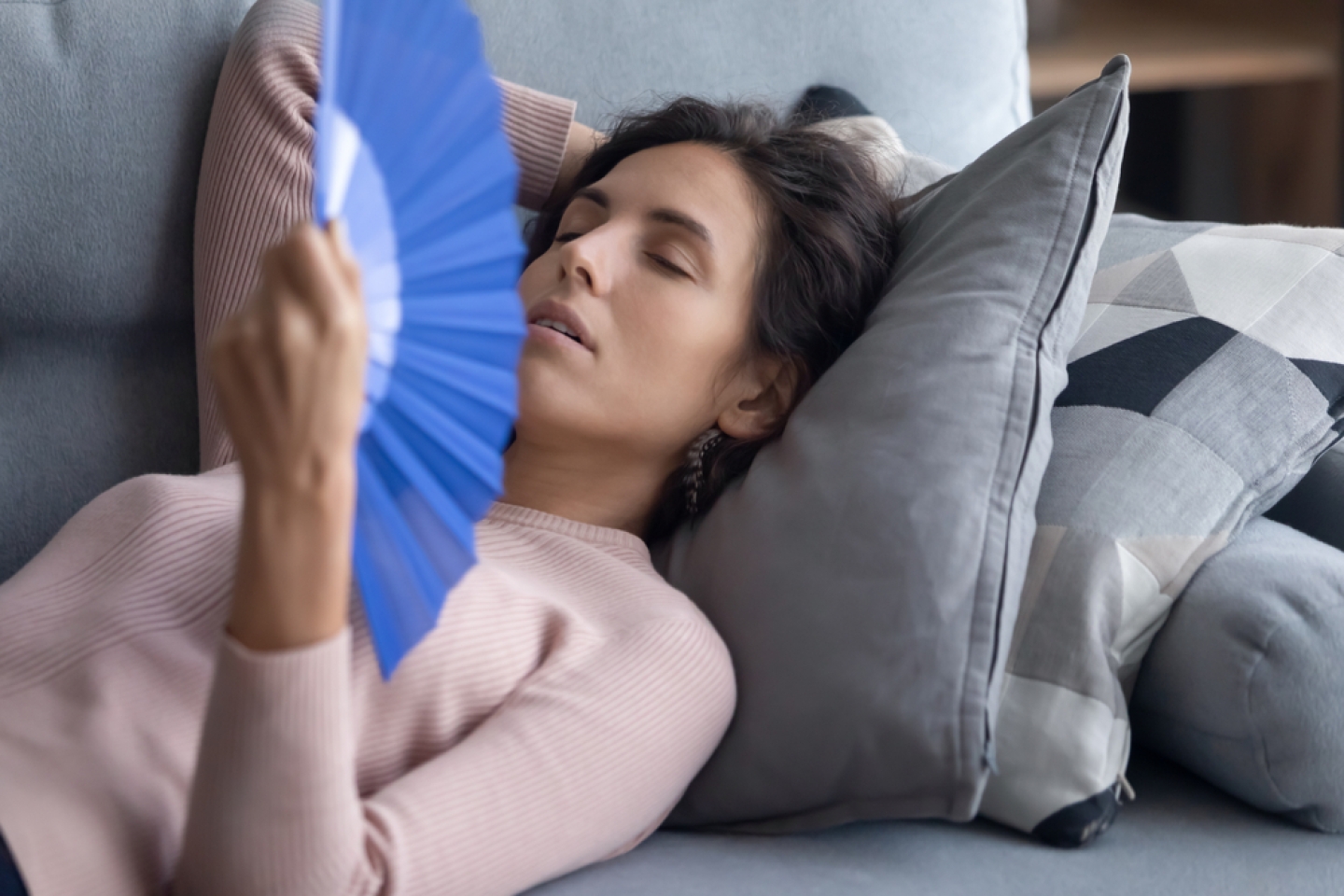
During the summer months, we receive greater exposure to sunlight compared to the rest of the year, both at the start and the end of the day.
In the morning, the sun sends a signal to our brain that we’re supposed to be awake. That signal lifts our mood and raises our energy level.
“When you wake up in the morning, the idea is to get sunlight as soon as you can,” says Dr. Daniel Barone, Associate Medical Director of the Center for Sleep Medicine and Associate Professor of Clinical Neurology at Weill Cornell Medicine. “So open those shades right away or even go outside. The morning sunlight tells us this is the time to be awake, and when the sun goes down it’s time to start winding down and prepare to sleep.”
Read on for Dr. Barone’s best advice on using the season’s abundant light to our advantage and countering the effects of summer heat on our ability to get high-quality sleep.
The key, he says, is to be consistent. “Make sure you’re getting up at roughly the same time every day, and allow yourself 7 hours or so of sleep. But most of us don’t do that. People are staying up too late. The culprit is our screens. It’s called ‘social jet lag.’ We’re either on the computer, on our phone or playing video games. The light that comes from these screens behaves almost the way sunlight does: It keeps us awake.
“We sleep about one hour less than people did 100 years ago,” he continues. “There are a number of reasons why this is the case, yet summer comes with particular challenges to getting the sleep we need.”
The catch is that we still need to wake up in the morning to get to school or work on time. As a result, we end up being very tired and sleep-deprived, and the cycle continues from there.
“When the sun goes down, we should start winding down too,” Dr. Barone says. “You don’t have to turn everything off, but it’s a good idea to begin saying to yourself, ‘I’m going to give my screens a rest. I’m going to do what Nature’s telling me to do. I’m going to read a book or meditate or listen to calming music as opposed to watching something on a screen.”
The reverse is true in the morning. Once you wake up, it’s time to invite the sunlight into your room and your life.
It’s optimal to sleep in a cool, dark, quiet room, he says, but the cool part isn’t always easy to achieve in the summer, especially during a heat wave. But it’s not impossible. Here are Dr. Barone’s best tips for keeping cool—at least, cool enough—on those hot summer nights:
The National Sleep Foundation (NSF) recommends the following habits and practices that add up to good sleep hygiene in the summertime:
Regarding the last item on the list, Dr. Barone says, “Your bed, and your bed environment, should be considered a holy place. Nothing should desecrate that place outside of sleep. Don’t be on your phone in bed. Don’t watch TV in bed. Don’t work on your computer in bed. Prepare yourself for the ‘sacred act’ of sleep by winding down without screens for a good 30 to 60 minutes before bedtime.”
Just one more suggestion to help you relax before turning in: Consider taking a lukewarm bath. “A cold bath may sound tempting when it’s hot outside, but it will tend to have a stimulating effect when what you want is to encourage your body to prepare for sleep. Therefore, stick with the lukewarm version.”
While some people benefit from taking a melatonin supplement at night, that shouldn’t be necessary if you follow Dr. Barone’s advice.
“When we begin winding down, our brain starts to produce melatonin on its own,” he says. “Melatonin is the hormone that begins the process of getting ready for sleep. And when you wake up in the morning and you’re exposed to sunlight, that shuts off melatonin and tells your brain that it’s time to be awake.”
With Dr. Barone’s guidance, along with the NSF’s tips for optimal sleep hygiene during the summer months, a good night’s sleep should be within your reach, even in New York City—the city that (supposedly) never sleeps!
Make an appointment with a specialist by visiting the Center for Sleep Medicine’s website.